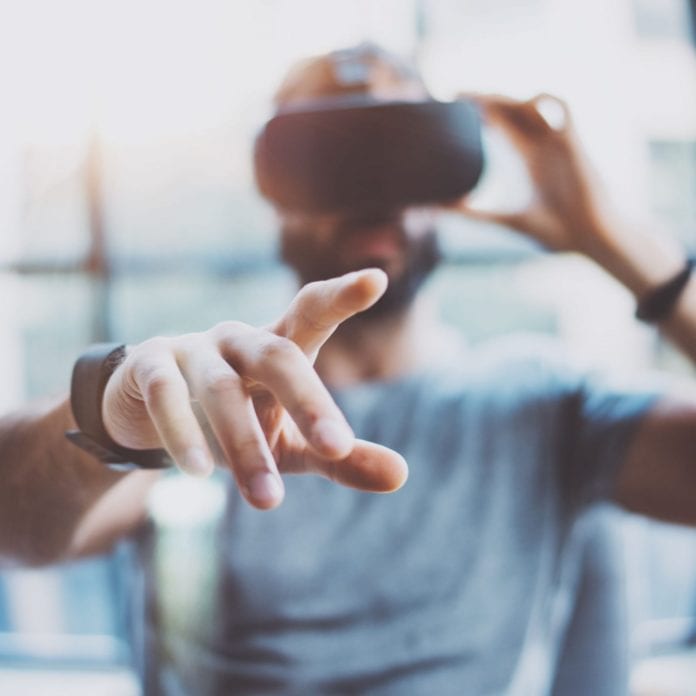Columbia’s research team is working at Verizon’s 5G incubator in New York
Columbia University’s Computer Graphics and User Interfaces Laboratory is currently experimenting with virtual reality (VR) using pre-commercial 5G technology from Verizon to develop new telemedicine solutions.
Trials are being carried out at they Alley, a co-working space and the site of Verizon’s 5G incubator in New York City. The carrier said that the main aim of the tests is to create a digital alternative to in-person motor rehabilitation therapy sessions using VR.
Verizon noted that it isn’t always possible for people to meet face-to-face with their doctors, due to the provider or patient’s location or ability to travel, and so virtual healthcare or telemedicine is emerging to bridge that gap. Verizon highlighted that 5G technology could elevate virtual healthcare to new levels, enabling even more effective remote care.
Professor Steven Feiner of Columbia’s Computer Graphics and User Interfaces Laboratory said in a statement that his organization is “interested in how a very, very fast network can make it possible for people to be able to communicate better and to be able to perform tasks together, whether they’re located in the same place or in different places.”
A telehealth VR environment for a therapist and patient working on motor rehabilitation, for example, “requires an ultra-high speed network as well as a network that can provide very low latency for precise, real-time movement and interaction,” Verizon said. Columbia researchers designed a solution that has both the patient and therapist putting on VR eyewear and holding VR controllers to “manipulate a virtual platform to roll and bounce a virtual ball on its surface.”
The signals from each set of eyewear and controllers travel across a 5G connection to a server 20 miles away and back in near-real-time, Verizon said, which approximates in-person interaction.
“We’ve been able to use the 5G connection to perform experiments that prove this to be a viable approach,” said Feiner. “In the future, this could impact where therapists can administer treatment and how patients can access rehabilitation resources.”
The research team said they plan to continue to experiment with the 5G technology and to test additional parameters and applications.
“The dream that we as technologists have is that of people being able to interact with each other as naturally as possible when they’re not in the same place,” Feiner added.
Verizon’s 5G incubator at Alley is giving Columbia University and other innovators access to pre-commercial 5G technology to develop and refine their 5G use cases.
In December 2017, Verizon opened this 5G-enabled open innovation lab in New York to work with start-ups and academics to unlock new use cases and experiences through trials and prototypes using Verizon’s pre-commercial 5G technology.
Image copyright: kantver / 123RF Stock Photo

